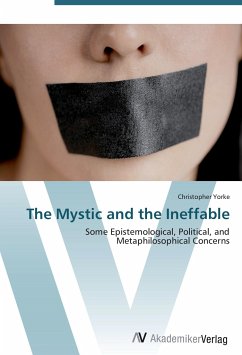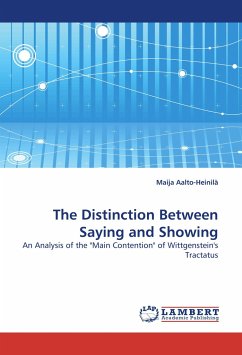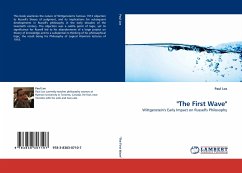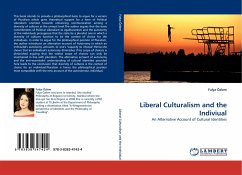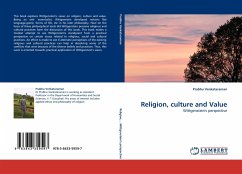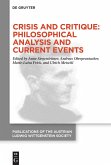Revision with unchanged content. Mysticism and the sciences have traditionally been theoretical enemies, and the closer that philosophy allies itself with the sciences, the greater the philosophical tendency has been to attack mysticism as a possible avenue towards the acquisition of knowledge and/or understanding. Science and modern philosophy generally aim for epistemic disclosure of their contents, and, conversely, mysticism either aims at the restriction of esoteric knowledge, or claims such knowledge to be non-transferable. Thus the mystic is typically seen by analytic philosophers as a variety of 'private language' speaker, although the plausibility of such a position is seemingly foreclosed by Wittgenstein's work in the Philosophical Investigations. Yorke re-examines Wittgenstein's conclusion on the matter of private language, and argues that so-called 'ineffable' mystical experiences, far from being a 'beetle in a box', can play a viable role in our public language-games,via renewed efforts at articulation.
Hinweis: Dieser Artikel kann nur an eine deutsche Lieferadresse ausgeliefert werden.
Hinweis: Dieser Artikel kann nur an eine deutsche Lieferadresse ausgeliefert werden.

